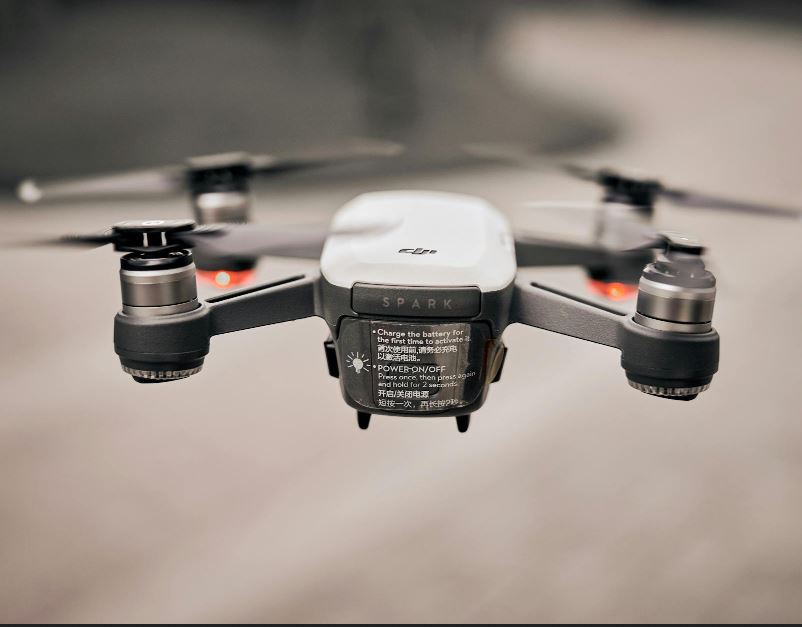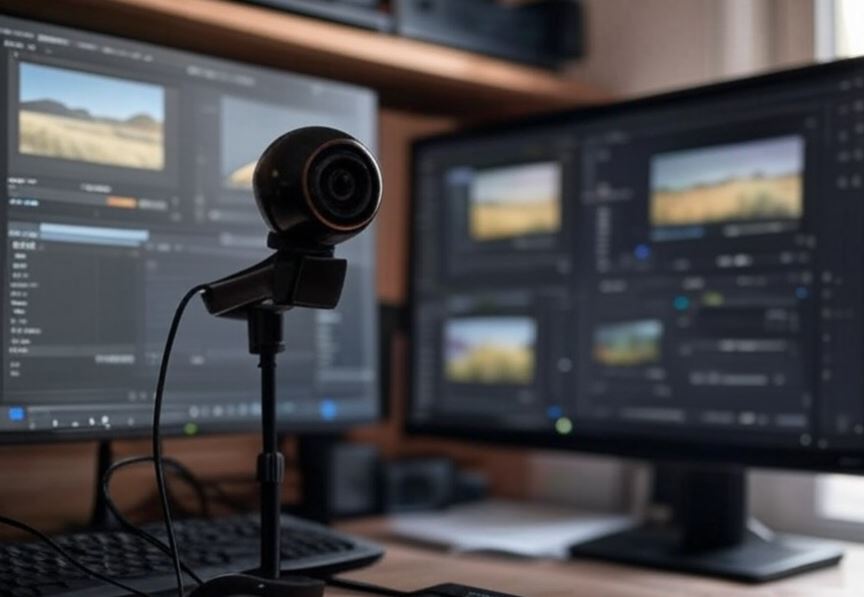
Drones have revolutionized industries ranging from aerial photography and agriculture to logistics and surveillance. At the core of their functionality lies the lithium ion drone battery, a technology that enables drones to achieve remarkable flight performance, longer durations, and reliable operations. These batteries are a cornerstone of drone innovation, driving advancements in efficiency, portability, and adaptability across various applications.
The advantages of lithium ion drone batteries
Lithium ion technology has become the preferred choice for powering drones due to its exceptional energy density and lightweight design. These batteries store more energy per unit weight than traditional options, allowing drones to fly for extended periods without compromising maneuverability. This efficiency is critical in professional applications, such as search and rescue missions or commercial deliveries, where every minute of flight time can make a significant difference.
Moreover, lithium ion drone batteries are designed to deliver consistent power output, ensuring stability during operation. Whether a drone is capturing high-resolution footage, carrying payloads, or navigating complex environments, the battery provides the reliability needed for uninterrupted performance. Their ability to recharge quickly also minimizes downtime, enabling operators to focus on their tasks without lengthy delays.
Advancing drone capabilities with lithium ion technology
The evolution of lithium ion drone battery technology has opened new possibilities for drone manufacturers and operators. With advancements in chemistry and design, modern batteries offer improved safety features, such as built-in protection against overcharging, overheating, and short circuits. These innovations not only enhance performance but also extend the lifespan of the battery, making them a cost-effective investment for both hobbyists and professionals.
In addition, the scalability of lithium ion technology has led to the development of batteries tailored to specific drone types. Compact, high-capacity batteries power lightweight recreational drones, while larger, industrial-grade batteries support heavy-lift drones used in construction, agriculture, and logistics. This flexibility allows manufacturers to design drones that meet the diverse needs of their users, from casual enthusiasts to enterprise clients.
The role of lithium ion drone batteries in sustainability
As drones become more integral to modern operations, the environmental impact of their energy sources is an important consideration. Lithium ion drone batteries contribute to sustainability by offering a cleaner alternative to traditional fuel-powered systems. Their rechargeable nature reduces waste and reliance on disposable power sources, aligning with global efforts to promote eco-friendly practices.
Furthermore, ongoing research into recyclable and reusable materials for lithium ion batteries promises to make drone technology even more sustainable. Innovations in battery recycling processes and the development of solid-state batteries are expected to further reduce environmental impact while enhancing performance.
Driving the future of drone technology
The lithium ion drone battery is not merely a power source; it is a driving force behind the evolution of drone technology. By enabling longer flights, higher payloads, and reliable operations, these batteries are instrumental in pushing the boundaries of what drones can achieve. As industries increasingly adopt drones for critical tasks, the demand for efficient, durable, and sustainable batteries will continue to grow.
With ongoing advancements in lithium ion technology, the future of drones looks brighter than ever. From enabling autonomous delivery networks to advancing scientific research in remote areas, the potential applications are limitless. As the backbone of this innovation, lithium ion drone batteries will remain at the forefront, powering progress and shaping the possibilities of aerial technology.
Tips on SEO and Online Business
Next Articles
Previous Articles








